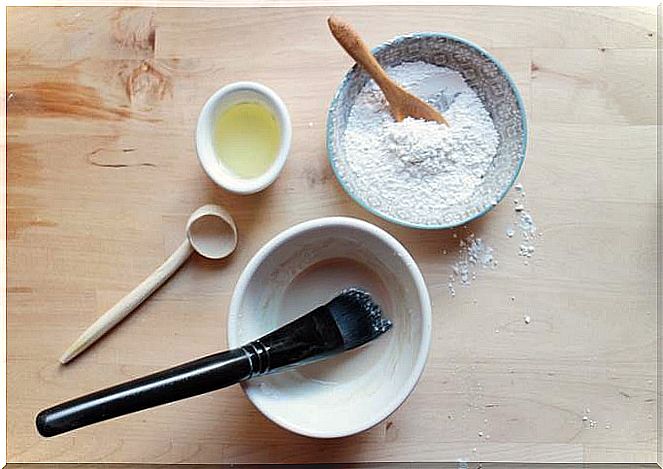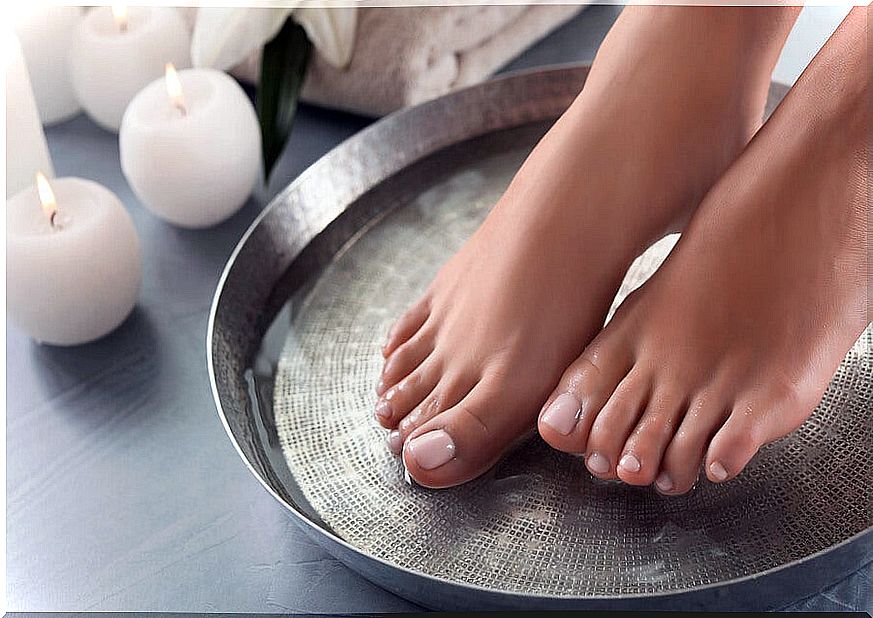How To Fight Foot Odor Naturally
Will it be possible to naturally combat foot odor? To begin with, we must know that the feet sweat more than the rest of the body due to the large accumulation of sweat glands that they concentrate, about 250,000 in total, according to the experts from the Bayer Laboratory.
Foot odor can be caused by:
- Presence of fungi
- Use of inappropriate footwear
- Excessive sweating
- Anxiety and stress situations
- Metabolic or hormonal disorders
- Bad nutrition
Fortunately, it is a problem that we can prevent with proper hygiene habits and some over-the-counter products such as antiperspirants, antiseptic soaps, deodorants, powders, among others. Similarly, if we notice that the problem does not improve, we can consult with the doctor, dermatologist or podiatrist to learn about other treatment options.
In the meantime, if it is something mild or temporary, we can also try some remedies of natural origin that, according to popular literature, can help against this problem. While most lack scientific backing, they are generally inexpensive and safe to use. Therefore, if they catch your eye, you can try them at home.
Clay mask for foot odor

The clay masks that we have recommended to beautify the complexion, apparently, will also help us against the bad smell of the feet. Although there is no evidence to prove this effect, there are studies that have identified antibacterial properties in these types of ingredients.
- We can use green or red clay, which we will mix with warm water until we get a creamy paste.
- We smear our feet and let the mask act for 20 minutes. Afterwards we wash our feet with warm water. With the dry clay we can hydrate the skin with a little almond oil or moisturizer if we want to take advantage of it.
- We will do these foot masks once or twice a week.
Essential oils
Essential oils can be an interesting therapeutic resource to prevent foot odor, as a publication in Evidence-Based Complementary and Alternative Medicine suggests . It will be enough that we mix a few drops of the essential oil with a vegetable base oil (olive, sesame, almonds, sunflower, etc.), or with our usual moisturizing cream.
Tea tree essential oil is the first oil that we will choose to eliminate possible fungi or bacteria that are contributing to the bad smell. We can combine it with lemon essential oil, which is astringent and gives a good aroma. We can also use lavender essential oil, which is cleansing and relaxing.
Baths against the bad smell of the feet

Warm water foot baths are an ancient remedy that is very easy to prepare. To the water we can add sodium bicarbonate which, due to its texture, will help us exfoliate the skin of the feet. There is no evidence to support its effect against foot odor, but we can prove it.
- We will mix two tablespoons of bicarbonate in the warm water and we will put the feet for at least half an hour.
- These baths can be done every day before going to bed or alternate with the other remedies.
- We must make sure to dry the feet well after finishing the treatment. Otherwise, it can make the bad smell worse.
Boric powder
During the day we can prevent the bad smell by using a little boric powder. According to information published by the Official College of Podiatrists of the Valencian Community, this can prevent excessive perspiration and the appearance of fungi thanks to its antiseptic and antihydrotic effects.
- We can use it in a similar way to talcum powder.
General keys to combat foot odor
There are some general keys that will help us prevent foot odor:
- Wear shoes that breathe well, especially in summer and when doing physical exercise.
- Wear socks made of natural fabrics such as cotton and avoid those made of synthetic fabrics.
- Eat a balanced diet, rich in raw foods (fruits, salads, juices, sprouts, etc.)
- Air the footwear well after use. Do not use the same for several days in a row
Remember that if the problem persists it is always important that you consult a specialist.









